The 'ghost' of Covid-19 returns to haunt Europe
(Baonghean.vn) - Although Russia is the country that introduced the Covid-19 vaccine the earliest in the world, and even the second vaccine has been approved by the president, Russia ranks 4th in the world and first in Europe in terms of the number of infections. Meanwhile, in the European Union (EU), the number of infections is increasing more seriously and it is predicted that there will be more deaths in the near future.
Struggling to cope with the pandemic
Preparation forbattle against Covid-19 in Russiaare being intensified more than ever. Russia set a new record for the highest number of Covid-19 cases ever, with more than 14,200 cases on October 14.
Most nationwide restrictions were lifted over the summer. But in the new situation, officials in about 35 of the 85 regions have imposed various restrictions to try to slow the spread of the disease. Now the Moscow hotline has had to reopen, as the number of new patients has skyrocketed.
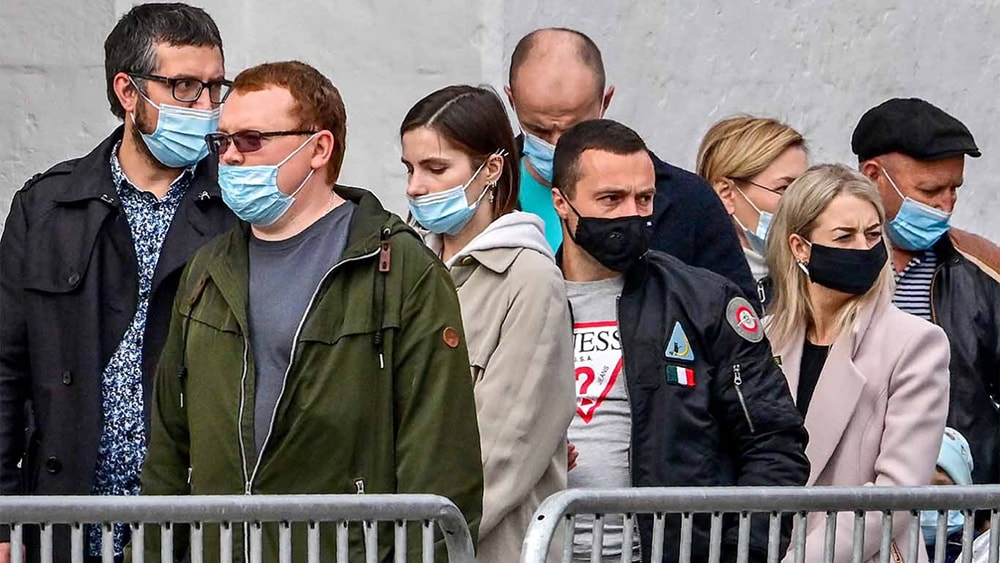 |
| Russian people are advised to strictly follow epidemic prevention measures. Photo: AFP |
With the help of psychologists, patients will receive psychological support, become calmer and understand that there is nothing to worry about, because there are many people helping them. Mr. Artem Aleeksev, Director of the Covid-19 Support Center in Moscow, said that 7,000 people can provide direct relief to people such as buying necessities or medicine. Currently, the center has an additional 3,000 people on the reserve list to always be ready to work if needed.
Russian Health Minister Mikhail Murashko said the epidemic situation in the country remains serious, and many people are not following the epidemic prevention instructions. Moscow, the epicenter of Russia's Covid-19 outbreak, also recorded the highest number of new infections since mid-May. Moscow Mayor Sergei Sobyanin described the city's restrictions as mild and urged people to take serious measures to prevent the epidemic before a vaccine is widely deployed. The elderly should self-isolate at home and employers should require 30% of their staff to work from home. Moscow authorities will introduce online learning for students in grades 6 to 11 from the beginning of next week for two weeks.
Earlier in August, Russia became the first country in the world to ratifyCovid-19 vaccine, called Sputnik V. Scientists remain concerned about the move, saying Sputnik V is not yet safe and effective enough to be distributed to the public. However, President Putin has insisted that the shots have not caused serious side effects. According to the Russian Ministry of Health, about 400 high-risk patients have been vaccinated with Sputnik V.
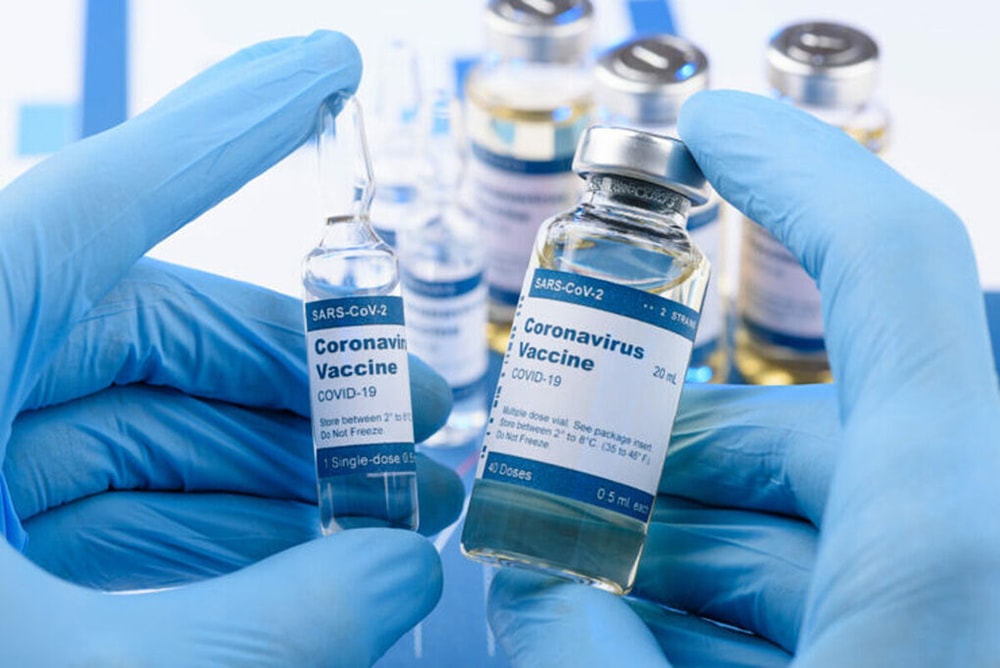 |
| Russia's EpiVacCorona vaccine was approved on October 14. Photo: La Noticia |
And also on October 14, Russian President Vladimir Putin announced that Russia had approved the second vaccine called EpiVacCorona, developed by the Vektor Virology Research Center in Siberia. Previously, on October 5, the Federal Service for Supervision of Consumer Rights and Health said that nearly 30,000 volunteers participated in the EpiVacCorona vaccine trial. This is a combined trial of the first and second phases of the product. The results have not yet been announced. The third phase trial has not yet begun.
Despite progress in developing a Covid-19 vaccine, Russia is clearly facing a number of challenges in containing the outbreak before it is widely available. However, despite the rapid resurgence, Russian authorities have rejected proposals for a second national lockdown.
Tightening restrictions
In the EU, new confirmed cases have risen to record highs in Spain, France, the UK, Germany, the Czech Republic and Italy. Much of the rest of the region is also seeing similar warning signs.
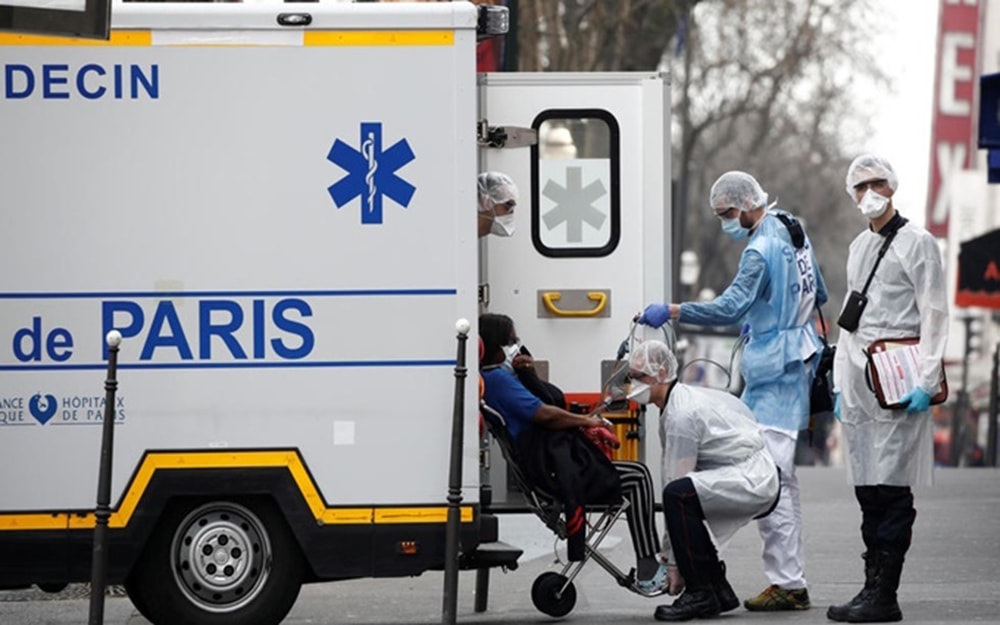 |
| The Covid-19 epidemic in the EU continues to spread and tends to worsen this winter. |
The spread of Covid-19 is increasingly serious across the "old continent". Even the EU Summit tried to focus on Brexit, avoiding the topic of Covid-19 but could not. The pandemic isflare up againacross Europe. The summit will also be without some leaders, such as the European Union's High Representative for Foreign Affairs and Security Policy, who is self-isolating due to close and prolonged contact with a person infected with Covid-19.
Despite the pandemic, European leaders still do not want to meet online because there are too many urgent issues to be resolved. The main goal is to avoid widespread lockdowns and reduce the chaos of the summer. Earlier this week, foreign ministers agreed on a number of common rules. Accordingly, European citizens will now have a common understanding when viewing a common map of the epidemic level.
However, this is still not enough, while Europe has not yet agreed on quarantine standards. Some countries impose a 2-week quarantine while others only need 1 week. The deployment of Covid-19 vaccines is still the responsibility of each country, while this is something that requires synchronization to be effective.
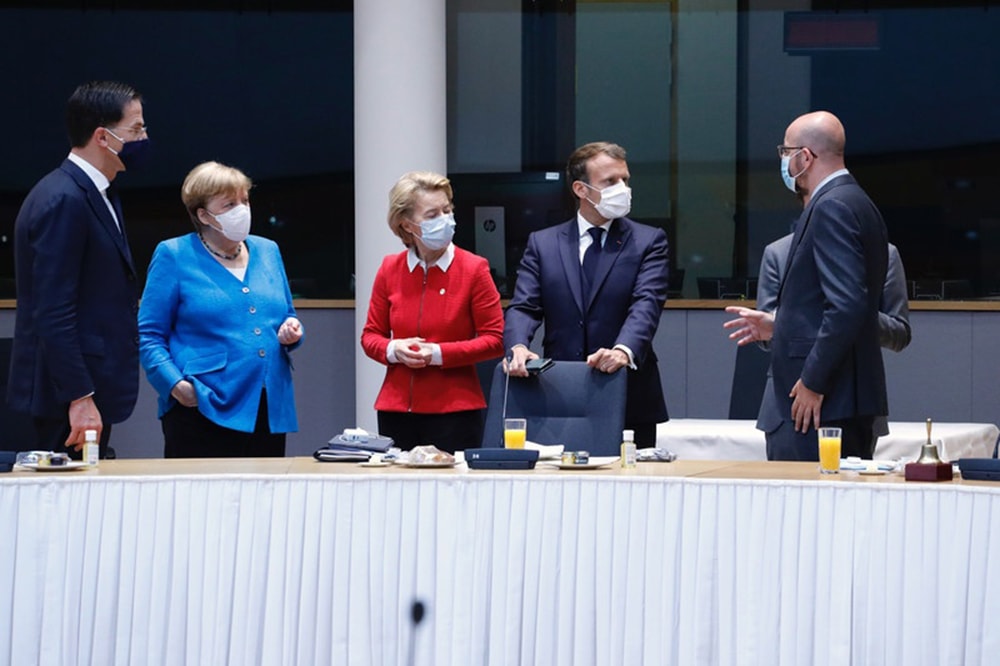 |
| Despite the increasingly serious epidemic situation, the EU Summit held a meeting in person instead of online, to address urgent issues. |
Amid the turmoil across Europe, Germany has emerged as a model for managing the pandemic well. Its daily caseload per million inhabitants is lower than any of its neighbors, while its death rate, since the outbreak began in the spring, has been among the lowest in Western Europe.
In Berlin, the first curfew in 70 years has been imposed on the night economy. Bars and restaurants will close at 11 p.m., except for pharmacies and petrol stations. Berlin Mayor Michael Muller said this is not the time to party, but to deal with more serious matters.
Germany, Europe's largest economy, won praise for its success in slowing the spread of the virus during the first wave, but now the country is also struggling with a new outbreak. Many business owners have criticizednew restrictionsauthorities, fearing the curfew would cause serious damage to the economy.
Sticking to her guns, Chancellor Angela Merkel stressed that areas with high infection rates would have 10 days to deal with new cases or face tougher restrictions. Large cities have become "arenas" for controlling the pandemic.
“These days and weeks will determine how Germany will get through the winter in this pandemic. The summer went very well, but now we see a worrying picture”
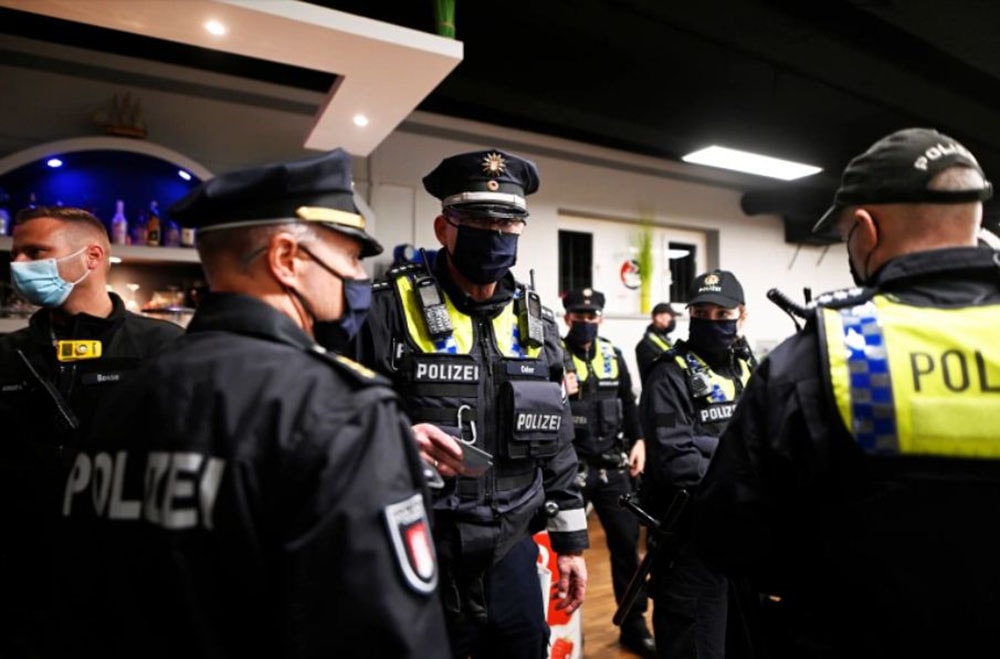 |
| Police check visitors' IDs due to Covid-19 restrictions in Hamburg, Germany. |
Observers say the secret to Germany’s success in dealing with the pandemic lies in four factors: luck, the ability to learn and react quickly, local response, and listening to science. In addition, the German people’s trust in health agencies is also a major factor in the success of Germany’s anti-epidemic strategy. German people also trust politicians because “they did not lie from the beginning and built trust” based on science and did not deny it.
